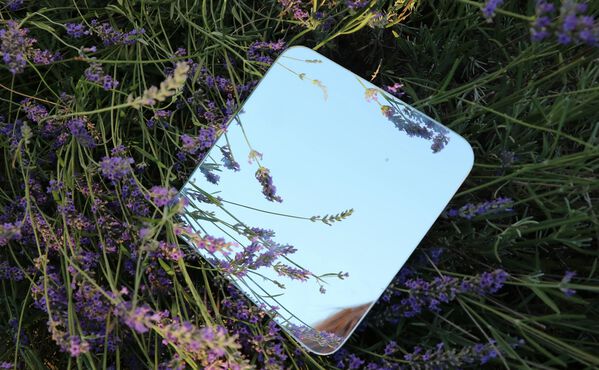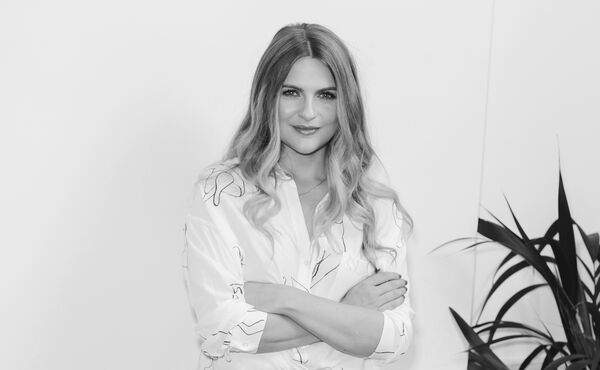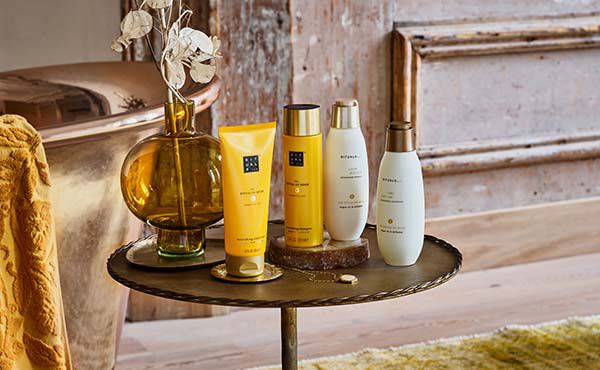A life coach’s guide to getting self-reflection right and – spoiler alert – it’s easier thank you think.
Reflection, beyond that of your image in a mirror, is defined in the Oxford dictionary as ‘careful thought about something, sometimes over a long period of time’. It can also be ‘your written or spoken thoughts about a particular subject or topic’ or ‘an account or a description of something’. Self-reflection, then, is careful thought about who you are and what makes you tick, whether you think it, discuss it with another, or write these thoughts down.
Self-reflection is especially useful if you feel like you’re just going through the motions and not really living. As the wise ancient Greek philosopher Socrates famously declared, “the unexamined life is not worth living”, so think of this as they key to unlocking a more fulfilling existence.
Why is self-reflection important?
The days often move like a speeding train but taking moments to slow down and reflect on your actions, goals, purpose and who you are, can ensure that you reach the correct destination time and again throughout this journey we call life.
Self-reflection helps you understand why you behave a certain way, what motivates you and why you have deep-seated beliefs about certain things. So many of our habits are ingrained in us from an early age, buried deep in our subconscious that we don’t always know they are there affecting us on a daily basis. Self-reflection helps us put a mirror up to ourselves, and the deeper we go the better we can start to understand who we are at our core. At Rituals, we believe that reflective practice can help you reconnect with your soul so you discover who you authentically are.
What is reflective practice?
“Self-reflection, as I see it, is taking the time to examine, evaluate and perhaps even challenge your own thoughts, emotions, beliefs and behaviours. This thinking helps you to learn more about yourself, work out what’s important and gain perspective on what you want from the future,” explains Transformational life coach, Victoria Joy. “The thing is, modern life - with its non-stop schedules, online algorithms and aversion to uninterrupted downtime - isn’t set up to encourage self-reflection, so it takes mindful effort and discipline to build the habit of regular practice, but it’s an incredibly valuable thing to do.”

How to try self-reflection
Reflective practice requires a calm mind, so it’s worth starting with a short meditation before you get down to it. When you’re rested and ready, turn your focus inwards.
“A prompt I often put to clients who are feeling stuck or want to gain a fresh perspective in their life, this question: What do you have or feel today that in the past you could only hope for?,” says Joy.
Why this question? Joy explains that “we’re often so focused on striving for more or beating ourselves up for not ticking certain boxes based on others’ perception of success, that we don’t take time to reflect on the positives. This self-reflection practice not only encourages gratitude - which is proven to boost levels of optimism and improve relationships with others - but gives an idea of what you truly value in life. And it also hammers home the point that, although goals or situations might feel out of reach right now, that’s not to say they won’t be your reality in the future.”
How to get focused with your self-reflection
General, regular, self-reflection can be really helpful, but you may start to understand there are areas you need to focus in on or you may already know what you need to inspect. “If you’re facing a particular problem or challenge, it can be helpful to explore the beliefs you hold around it,” suggests Joy. “We all have stories we tell ourselves; some will come from things other people (individuals or society) have told you, some you’ll have written yourself based on past experiences. But often these stories hold you back, and by exploring them through self-reflection - asking yourself ‘how do I know this belief to be true?' - you can identify and reframe these beliefs so they no longer have the same impact.
“For example, you might feel overwhelmed by a constantly growing to-do list and struggle to prioritise any form of self-care, which leads to resentment. When you think about what beliefs or stories you hold around this, it could be that you hold beliefs like ‘people will think I’m selfish if I put myself first’ (because a past partner made you feel guilty when you chose to spend time alone instead of with them) or ‘relaxing equals laziness’ (because you saw one parent regularly call the other lazy),” says Joy.
This is where you should interrogate that deep-seated belief. Joy recommends asking, “‘how do I know this belief to be true?’, as this will allow you to hold a mirror up to your thinking and rationally explore whether the story you’re telling yourself has any basis. More often than not, the belief isn’t really true at all.”
It can be challenging to think outside the box and to question deep rooted beliefs but with regular practice, self-reflection can boost your feelings of gratitude and help you meet your true authentic self so you can live a fulfilled and joyful life.









